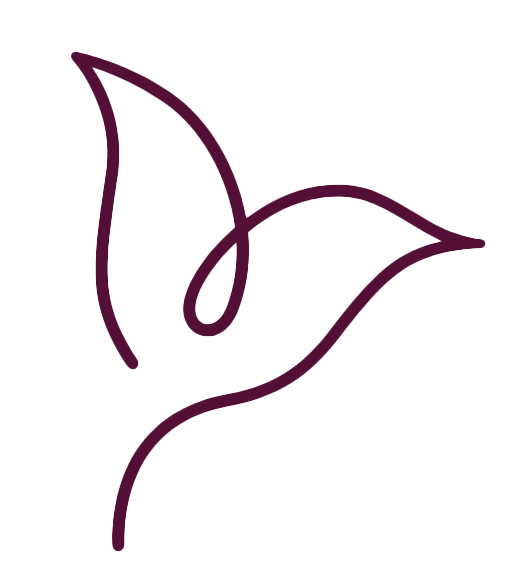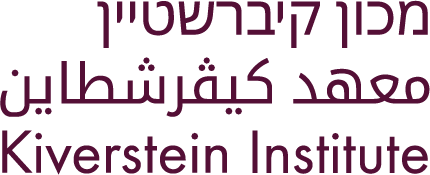
The Minhalim Project


Advancing the Representation of Women in Communal Administrations (2021-2)
We undertook this project in order to radically alter the picture of women’s representation at the level of the communal administrations in this city. Jerusalem’s model for governance is unique. The city is divided into 31 communal administrations and through them, the City Council implements its decisions and governs. The administrations have responsibility for implementation of decisions on issues such as infrastructure, education, social welfare and use of public space. This makes membership of the administrations significant. Each administration has nine members elected by residents and a further six members appointed by and representing the City Council. After nearly a decade without elections, in 2020, three rounds of elections were scheduled for 2021-22. Prior to elections, the representation of women stood at just 14%.
Our goal was to significantly raise the number of women elected.
At the end of the three rounds, completed in April, 2022, we had made some progress towards our desired outcome. Although still a long way from 50%, we were encouraged by the incremental increase of women candidates and electoral turnout. We still have work to do.
The Challenge
The representation of women in communal administrations, a level of government which has a direct impact on peoples’ lives, is very low.
The Desired Outcome
To increase the representation of women to parity – 50%.
Our Plan of Action
Read More
The project comprised a variety of initiatives

Using our rights as city residents to make formal appeals against administrations that did not reserve at least one spot of the publicly-elected members of the administration for a woman.

Using our rights as city residents to make formal appeals against administrations that did not reserve at least one spot of the publicly-elected members of the administration for a woman.

Encouraging the candidacy of women. We used our social media platforms and personal approaches in a vigorous campaign.

Encouraging the candidacy of women. We used our social media platforms and personal approaches in a vigorous campaign.

Conducting a public campaign to encourage people to go out to vote, particularly to vote for women.

Conducting a public campaign to encourage people to go out to vote, particularly to vote for women.

Conducting, in conjunction with the City Council’s Office for the Advancement of Women and the Jerusalem Institute, round-table discussions on how to increase the representation of women.

Conducting, in conjunction with the City Council’s Office for the Advancement of Women and the Jerusalem Institute, round-table discussions on how to increase the representation of women.

Encouraging women to run for election







